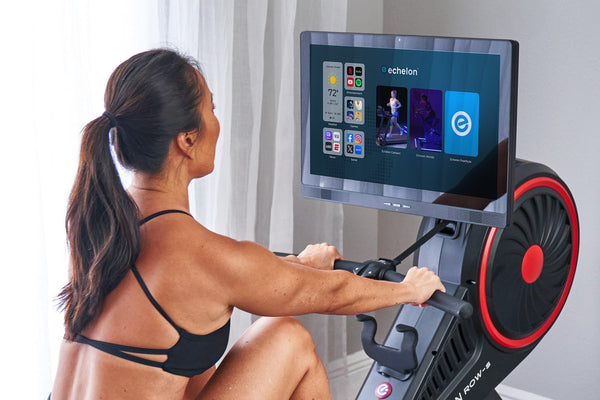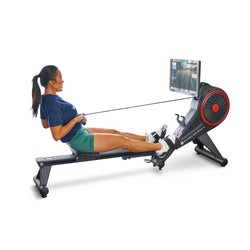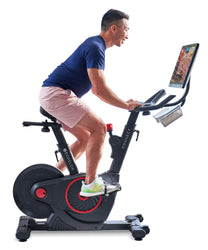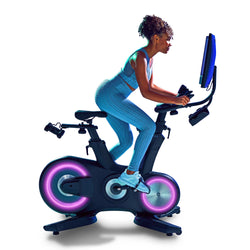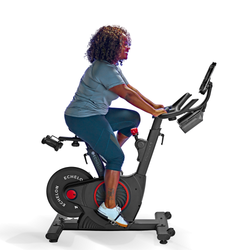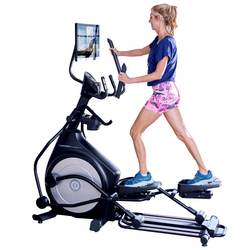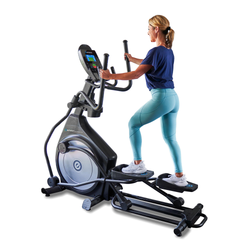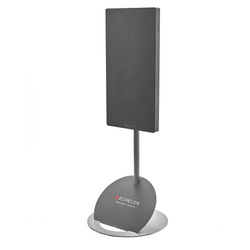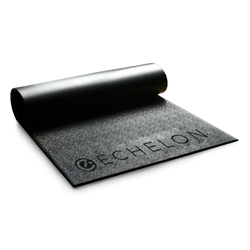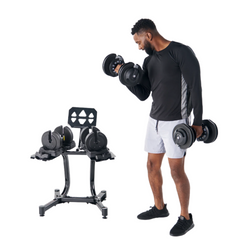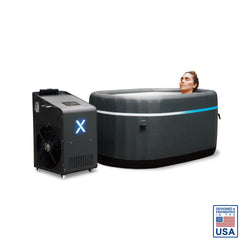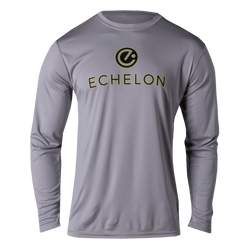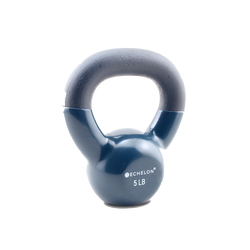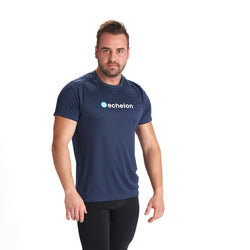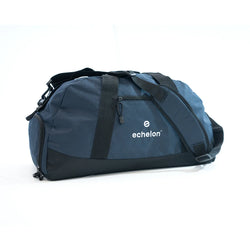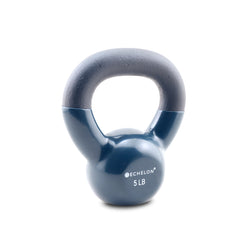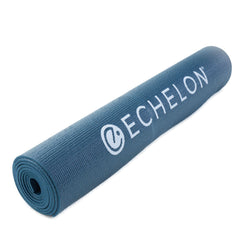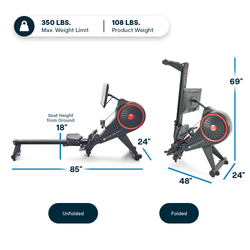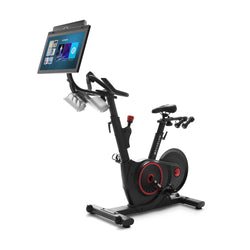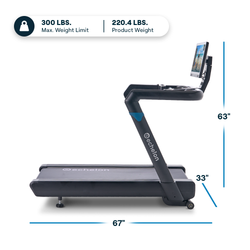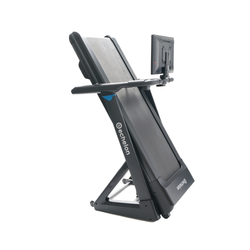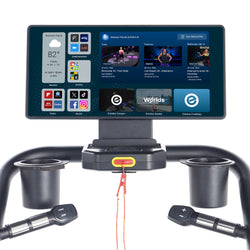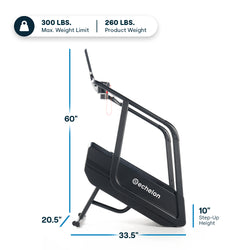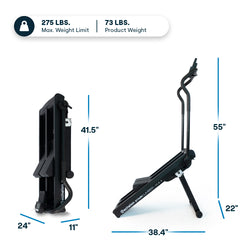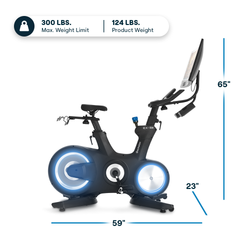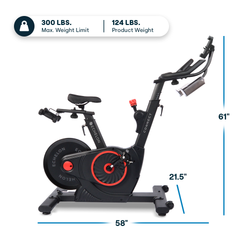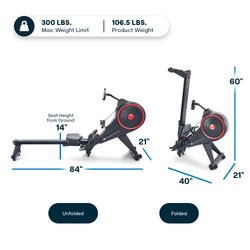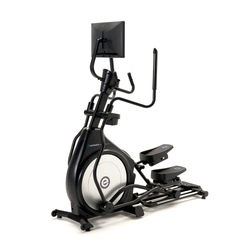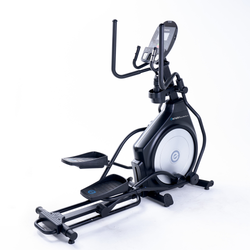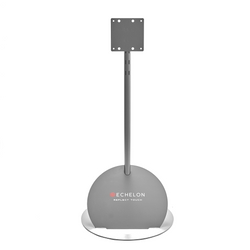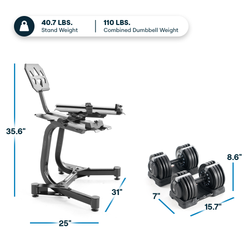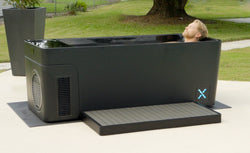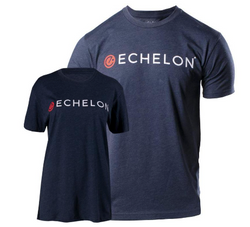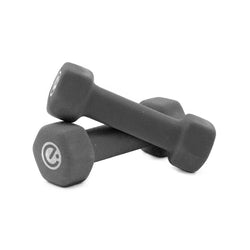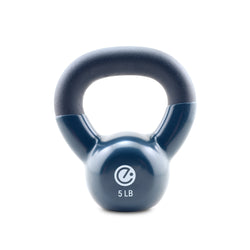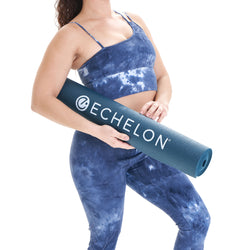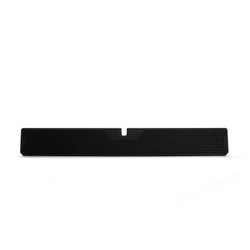Alcohol Awareness: The Benefits of Cutting Back

When it comes to achieving your fitness goals, many factors come into play. One often overlooked aspect is the impact of alcohol consumption on your overall health and fitness. While enjoying a drink or two may seem harmless, the truth is that excessive alcohol intake can hinder your progress and even reverse your hard work at the gym. In this blog post, we will explore the benefits of cutting back on alcohol and provide you with a step-by-step guide on how to reduce your intake.
Understanding the Impact of Alcohol on Your Fitness Goals
Alcohol, while often seen as a benign indulgence, can significantly undermine your fitness journey. Its consumption leads to the intake of 'empty' calories that provide no nutritional value but can easily contribute to unwanted weight gain. Beyond the calorie content, alcohol can disrupt the intricate process of muscle recovery, which is crucial for anyone engaged in regular exercise. This disruption can result in decreased strength gains and prolonged recovery times, which may demotivate individuals striving for fitness improvements.
Moreover, alcohol's effects extend to compromising endurance levels. This is particularly relevant for athletes or fitness enthusiasts who rely on their endurance capabilities for performance. The dehydration caused by alcohol consumption exacerbates this issue, as adequate hydration is essential for optimal endurance and performance.
The impact of alcohol is also felt on one’s sleep quality. Despite the common misconception that alcohol aids in falling asleep, it actually interferes with the sleep cycle, particularly the REM stage, which is vital for restorative sleep. Poor sleep can lead to decreased motivation for physical activity and diminished energy levels, making it harder to adhere to fitness routines.
In understanding the multifaceted ways alcohol affects fitness goals, it becomes clear that reducing intake can significantly bolster one’s progress towards achieving a healthier, fitter lifestyle. By recognizing these impacts, individuals can make informed decisions about their alcohol consumption in relation to their fitness ambitions.
The Benefits of Reducing Alcohol Intake on Health and Fitness
Embarking on a journey to diminish alcohol consumption unveils a myriad of health and fitness advantages that can significantly transform your well-being. One of the immediate perks you might observe is a surge in your energy levels. This newfound vigor is instrumental in enhancing your workout performance, enabling you to push through more rigorous and extended sessions with ease. Consequently, this can accelerate the attainment of your fitness objectives.
An improved sleep quality is another noteworthy benefit that follows the reduction of alcohol intake. As your sleep patterns normalize, you'll find yourself waking up more refreshed and alert, ready to tackle the day's activities and workouts with enhanced focus and determination. This improvement in sleep quality naturally leads to better recovery post-exercise, as the body efficiently repairs and builds muscle tissue during rest, fostering strength gains and endurance.
Additionally, cutting back on alcohol can contribute to a healthier weight management process. Without the excess calories from alcoholic beverages, managing your diet becomes simpler, and the risk of accumulating unwanted fat diminishes. This shift not only aids in achieving a leaner physique but also improves overall bodily functions, including a more robust immune system.
Moreover, the clarity that comes with reduced alcohol consumption can have a profound impact on your mental health. With improved cognitive functions and emotional stability, setting, pursuing, and achieving fitness goals becomes a more structured and enjoyable journey. This mental clarity enhances your ability to stay motivated, disciplined, and resilient in the face of challenges, thereby ensuring a more productive and satisfying fitness regimen.
Setting Realistic Goals for Alcohol Reduction
To embark on a successful path towards reducing your alcohol intake, initiating the process with clear, achievable objectives is crucial. Begin by conducting an honest evaluation of your current drinking patterns. How many drinks do you typically consume in a week? Are there certain days when your consumption spikes? This initial assessment provides a solid foundation for understanding your habits and pinpointing opportunities for change.
Following this self-reflection, craft specific and attainable goals that align with your lifestyle and fitness ambitions. For example, if you find that you're drinking heavily on weekends, a starting goal might be to halve your weekend consumption or choose alcohol-free weekends twice a month. Alternatively, if after-work drinks are your norm, consider limiting these occasions to once a week or substituting them with non-alcoholic gatherings or activities that support your fitness goals, such as a group workout or a wellness seminar.
In setting these goals, ensure they are measurable and time-bound. Instead of vaguely aiming to "drink less," decide on the exact number of drinks you will limit yourself to per week or the number of alcohol-free days you aim to achieve. This clarity not only aids in tracking your progress but also in maintaining accountability.
Remember, the aim is not to instigate abrupt changes that feel insurmountable but to gradually modify your habits in a manner that is both manageable and sustainable. By integrating these realistic goals into your lifestyle, you'll find yourself making significant strides in reducing your alcohol intake, thereby enhancing both your health and your fitness journey.
Identifying and Overcoming Triggers
Recognizing what prompts you to reach for a drink is a pivotal step in managing your alcohol intake. These triggers can vary widely from emotional stressors, such as work-related pressures or personal challenges, to social situations where drinking seems like the norm. Once these triggers are identified, the next step is crafting strategies to address them without relying on alcohol.
For emotional and stress-related triggers, developing healthy coping mechanisms is key. Activities such as engaging in regular physical exercise can not only serve as a powerful stress reliever but also align with your fitness goals, offering a double benefit. Mindfulness practices like meditation or yoga can also provide solace and stability during challenging times, helping to mitigate the urge to drink.
In social scenarios where alcohol is prevalent, preparation is crucial. Informing yourself about non-alcoholic beverage options available at events or venues can make the decision to abstain easier. Additionally, rehearsing polite but firm ways to decline offers of alcoholic drinks can empower you to stand by your choices without feeling pressured.
Building a support system is also invaluable. Sharing your goals with friends, family, or a support group can provide encouragement and accountability. These allies can offer alternative ways to socialize and unwind that do not center around alcohol.
Ultimately, navigating your triggers is an ongoing process that requires patience, self-reflection, and adaptability. By continuously identifying what drives your drinking habits and implementing alternative coping strategies, you'll gradually build resilience against these triggers, fostering a healthier lifestyle that supports your fitness and well-being objectives.
Navigating Social Situations with Alcohol-Free Choices
Navigating social gatherings without alcohol might initially seem daunting, but it opens up a plethora of engaging and inclusive options. A proactive approach ensures you can still relish the camaraderie and festivities sans alcohol. Communicating your preferences ahead of time to hosts or inquiring about non-alcoholic selections at events allows for a smoother experience. There's a growing acceptance and availability of sophisticated alcohol-free choices that cater to all tastes, ensuring you don't miss out on the fun. Consider bringing a batch of your signature mocktail or an intriguing herbal tea blend to share, making it a conversation starter and allowing others to explore the delightful realm of non-alcoholic beverages. This gesture not only caters to your preferences but might also introduce someone else to the appealing world of alcohol-free options, making social events more inclusive and varied. Adopting this approach not only aligns with your health goals but also enhances the social experience for you and potentially for others, highlighting that memorable and enjoyable gatherings are not defined by the presence of alcohol but by the quality of connections and shared moments.
Discovering Alternatives to Drinking
Exploring new and fulfilling ways to spend your time can significantly enhance your journey towards a healthier lifestyle, especially when looking to reduce alcohol intake. Dive into physical activities that not only elevate your mood but also contribute positively to your fitness levels. Activities like joining a local sports league, experimenting with dance classes, or even taking up adventurous outings such as rock climbing can introduce excitement and a sense of achievement in your life without the need for alcohol.
Beyond physical pursuits, engaging in creative or intellectual hobbies can provide a meaningful diversion from drinking. Consider learning a musical instrument, joining a book club, or taking up writing. These activities offer a productive outlet for your energy and thoughts, encouraging personal growth and cognitive development.
Socially, focus on building connections that don’t revolve around drinking. Host game nights, plan outdoor adventures, or volunteer within your community to meet new people and strengthen relationships through shared experiences.
Incorporating these alternatives into your lifestyle not only distracts from the urge to drink but also enriches your life with varied experiences and skills, further supporting your commitment to health and fitness. Remember, the goal is to find joy and fulfillment in activities that align with your well-being, offering a rewarding path that extends beyond the need for alcohol.
Explore 10 non-alcoholic mocktails.
Tracking Your Progress and Celebrating Milestones
Maintaining a log of your alcohol consumption can significantly bolster your journey towards moderation. By documenting not only the quantity but also the context of your drinking instances, you'll gain insights into your habits and identify patterns that may require alteration. Embrace technology by using apps designed for tracking habits, or simply keep a handwritten journal. Celebrate every victory, no matter how small it may seem. This could be resisting a drink at a social event, choosing an alcohol-free day, or even noticing an improvement in your fitness performance as a direct result of reduced alcohol intake. Mark these achievements in your tracker and consider setting up a reward system for yourself—perhaps a new workout gear or a spa day—as an incentive to continue on this path. Celebrating these milestones not only reinforces positive behavior but also keeps you motivated on your journey to better health and enhanced fitness levels.
If you think you may have a problem with alcohol or are having a hard time giving up drinking, reach out to your local Alcoholics Anonymous chapter for help. For more urgent needs, call or text the US Crisis Hotline at 988.
